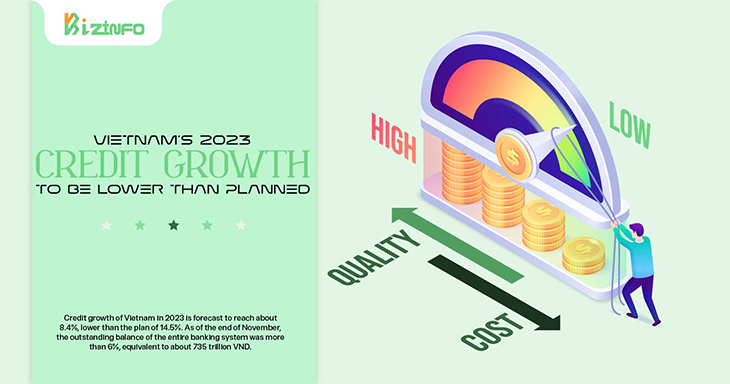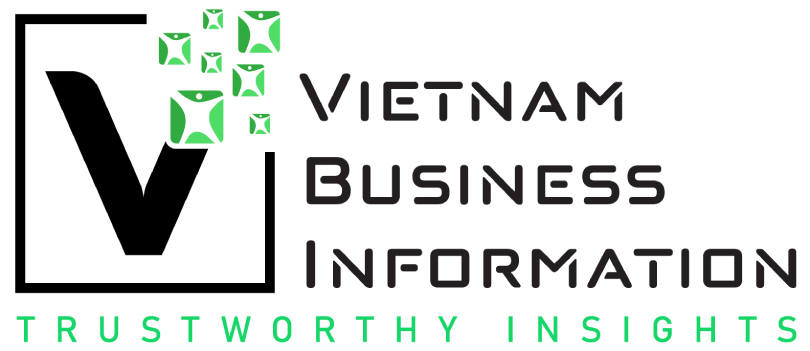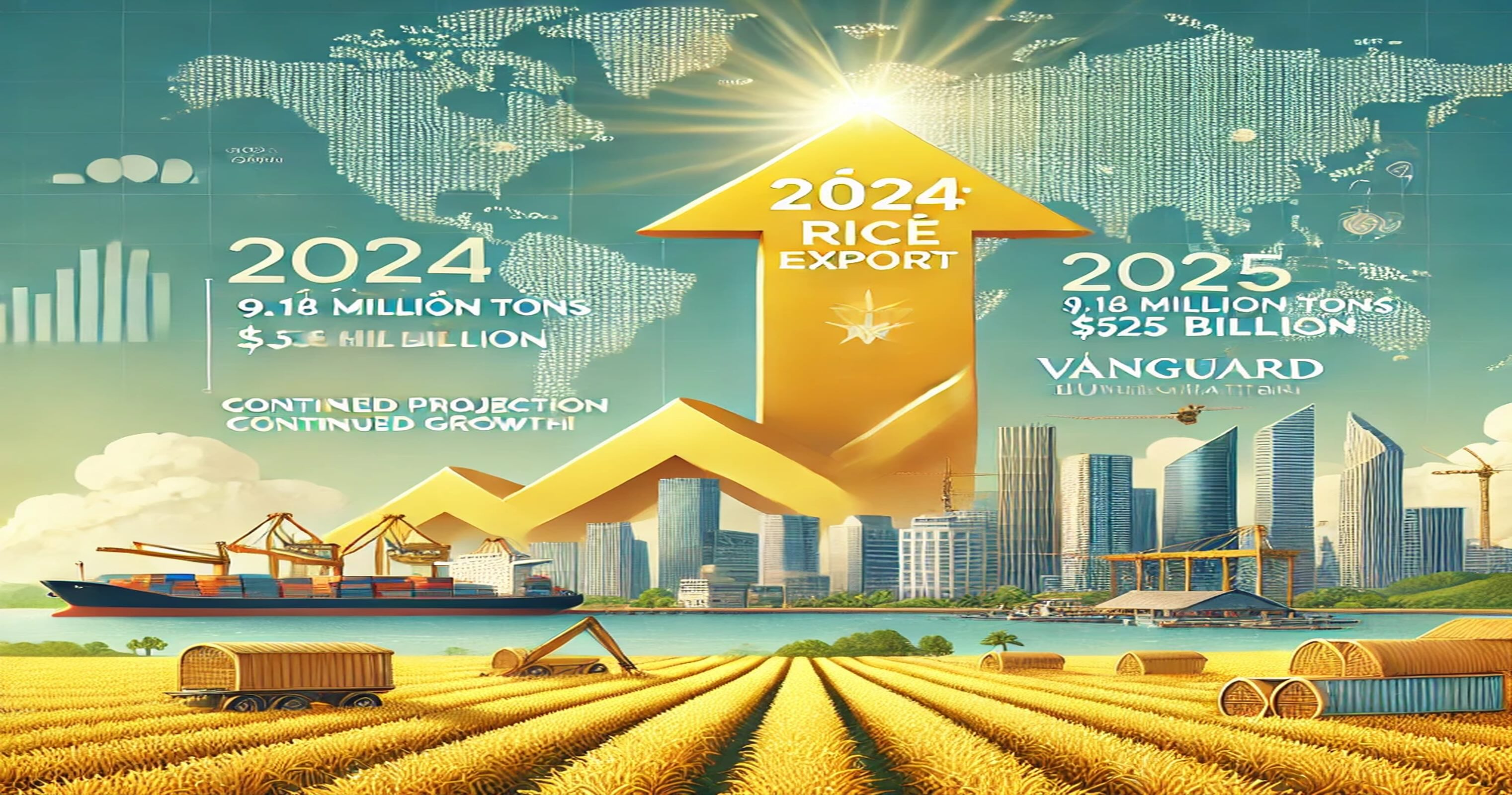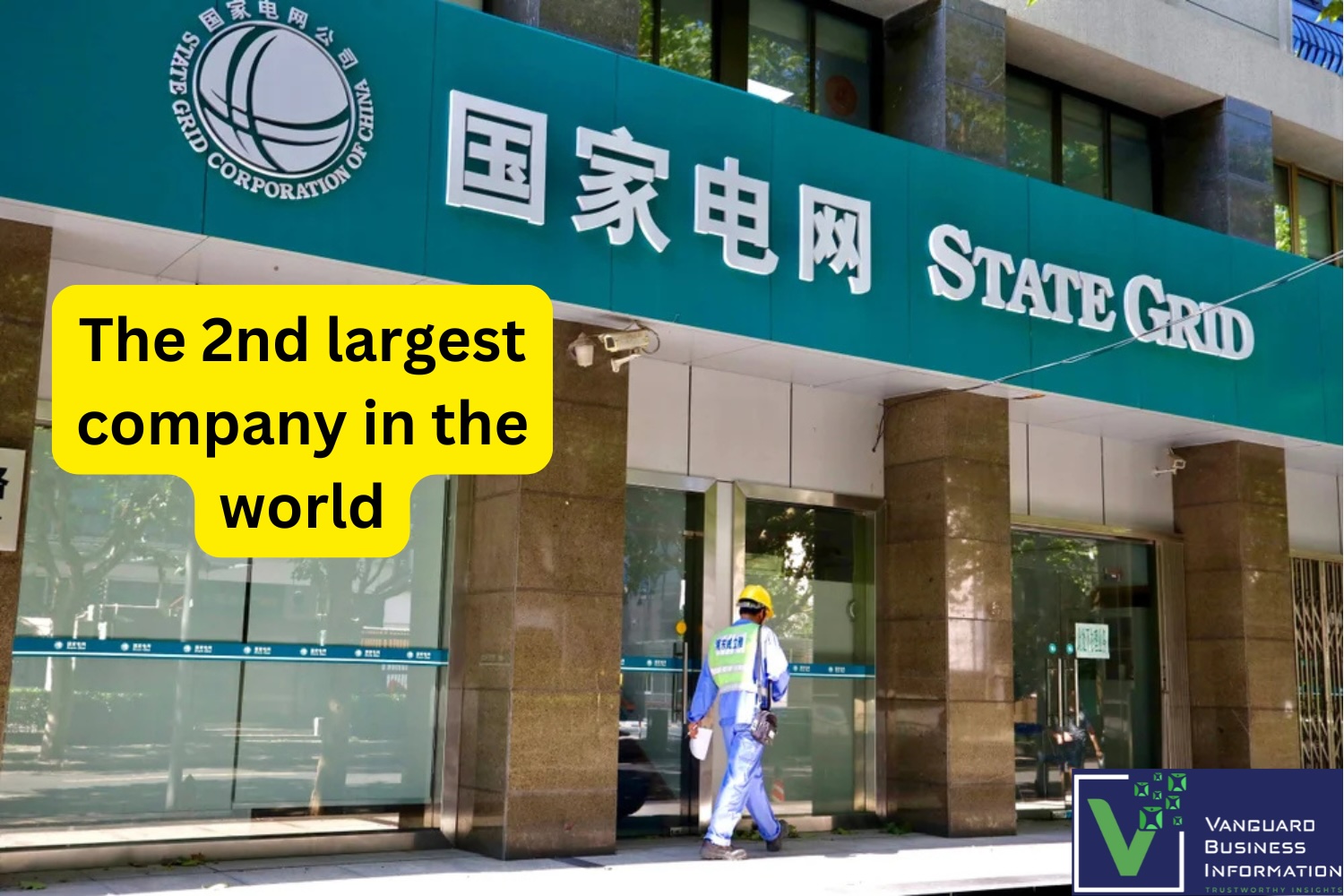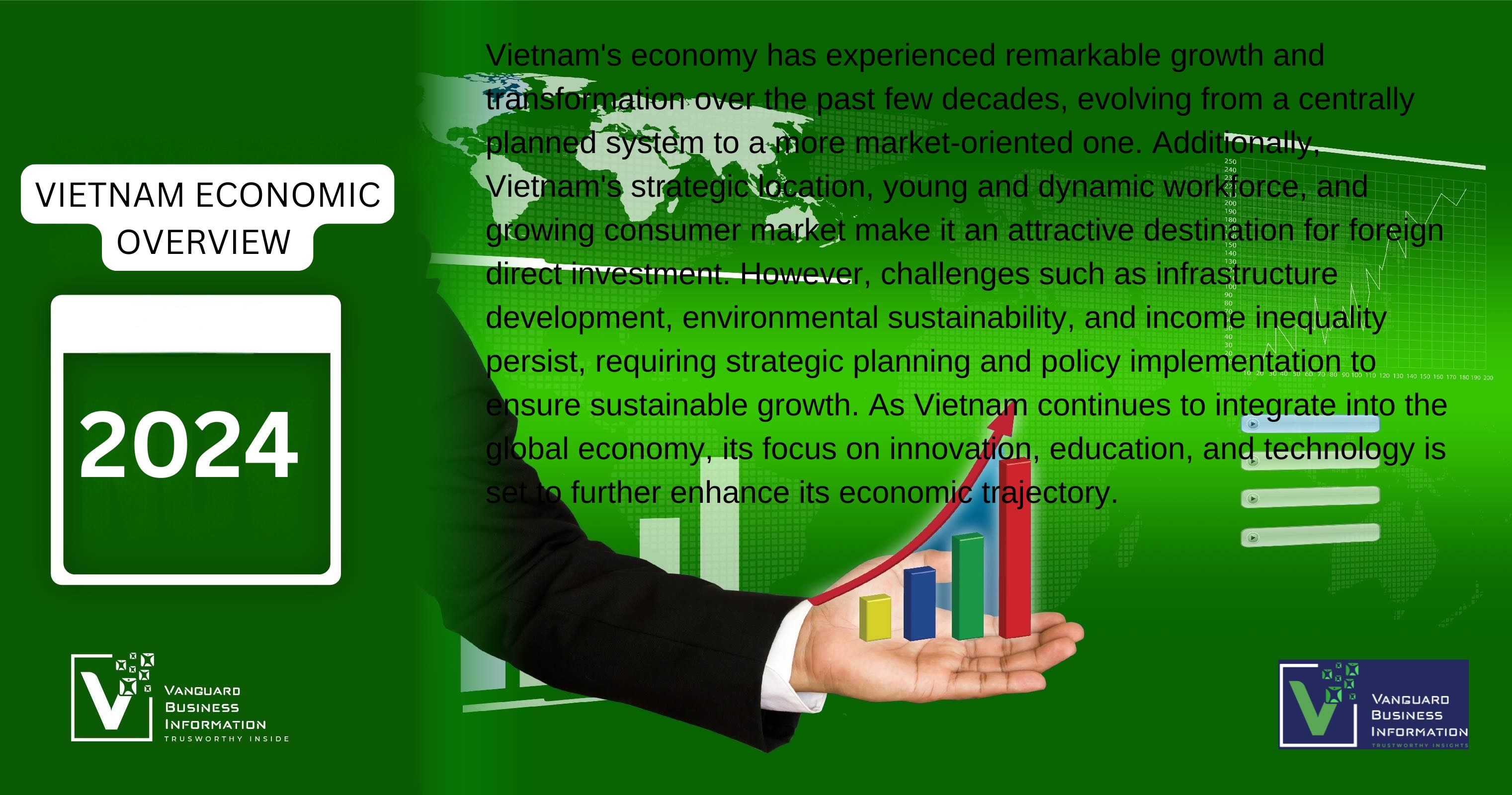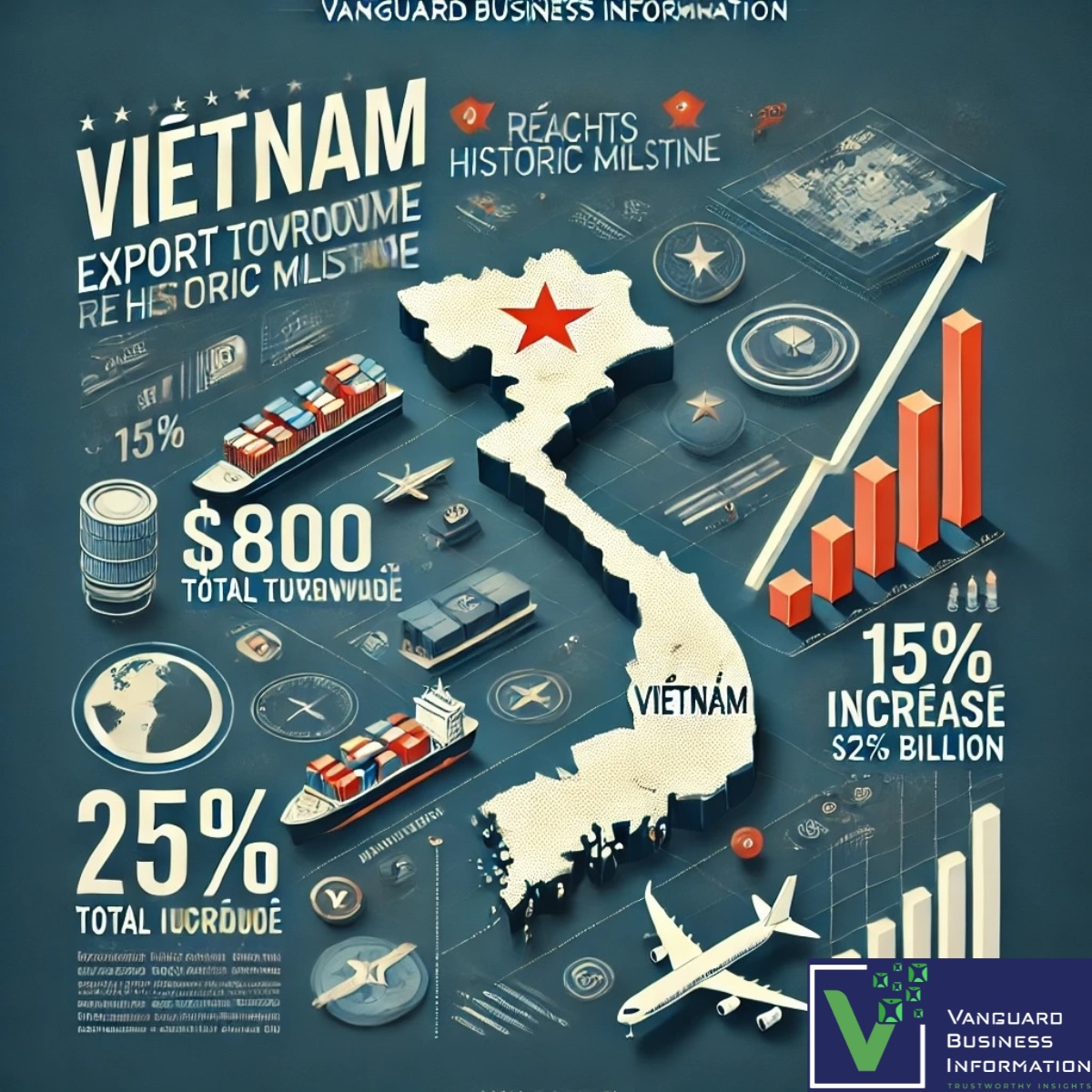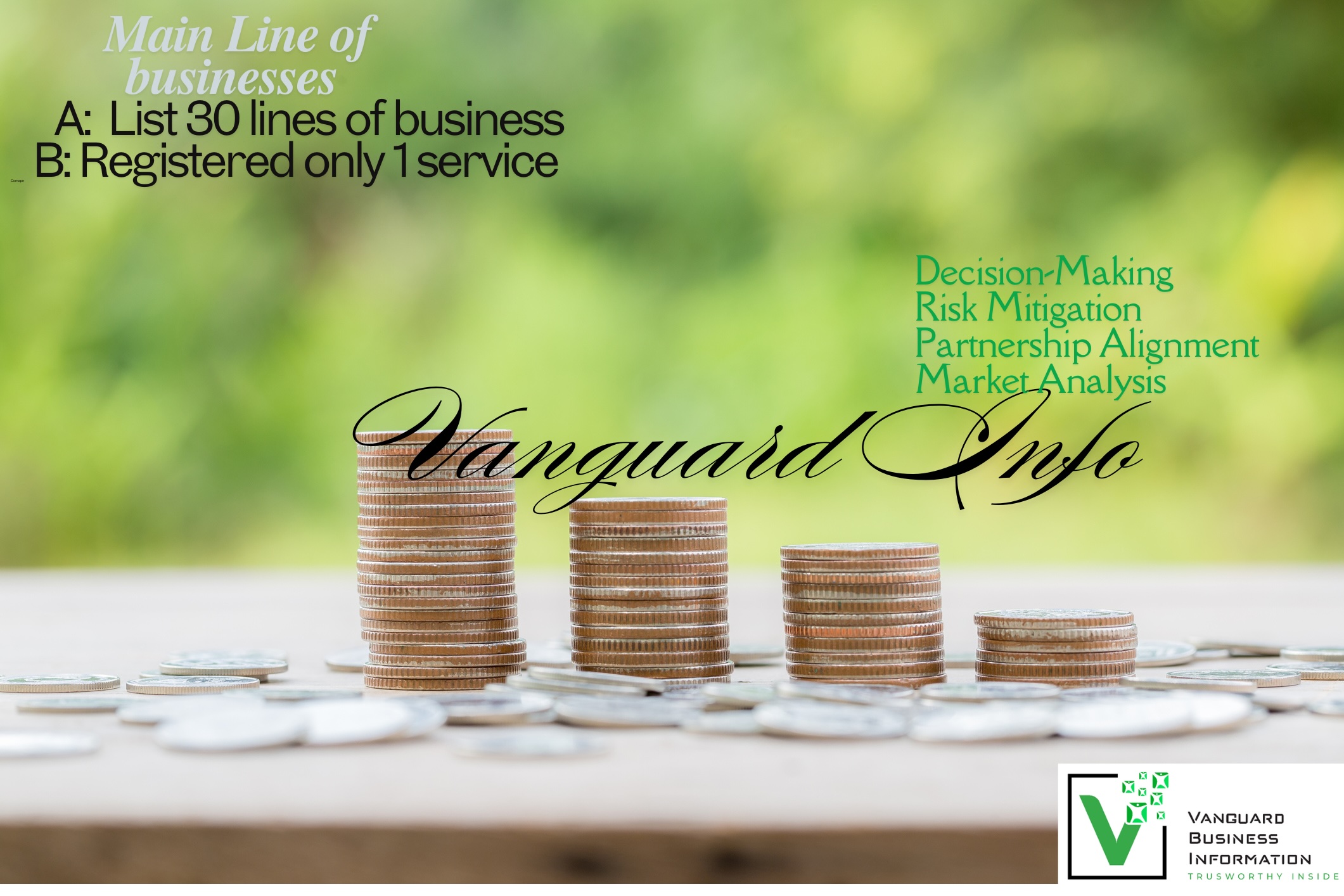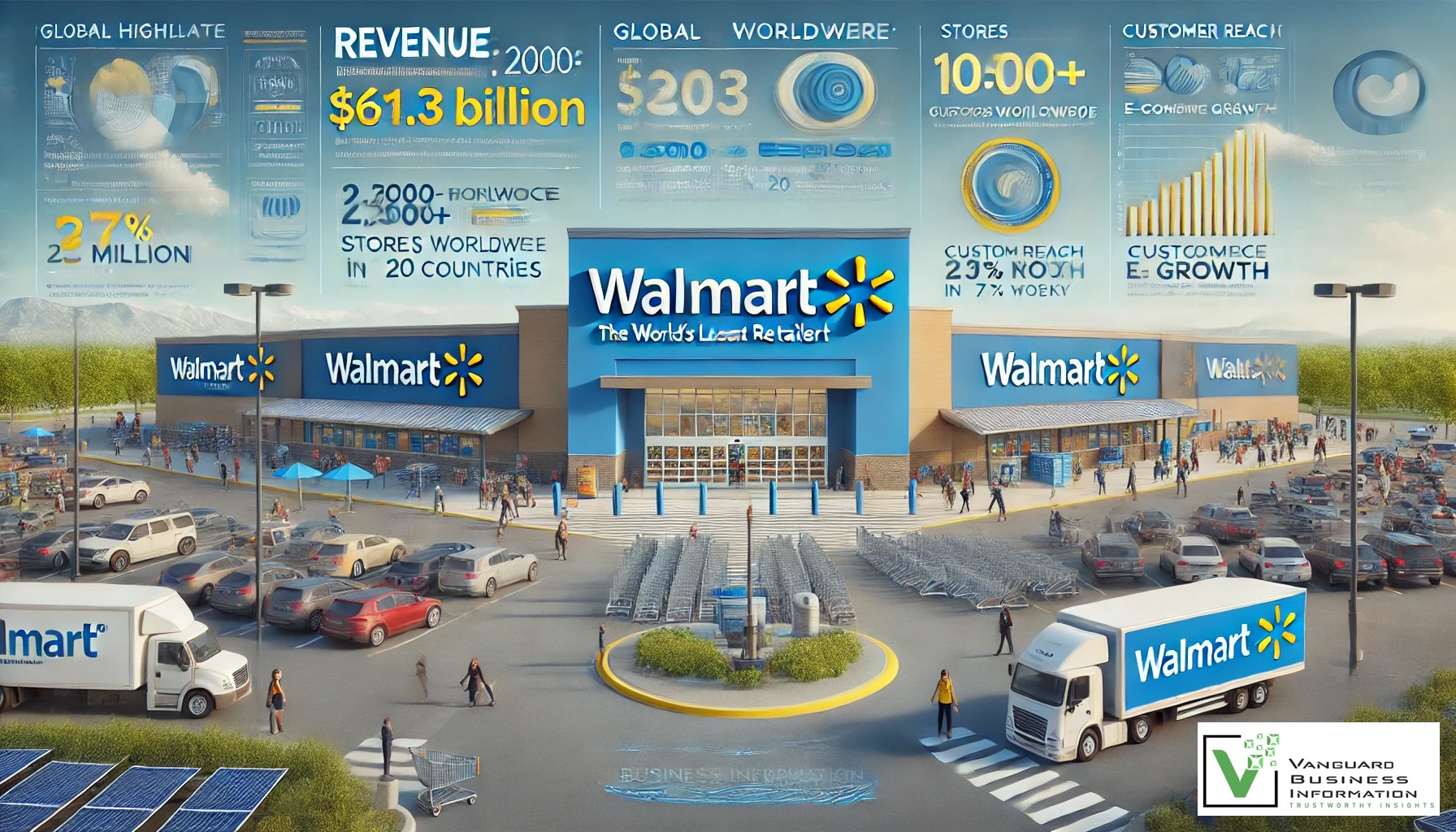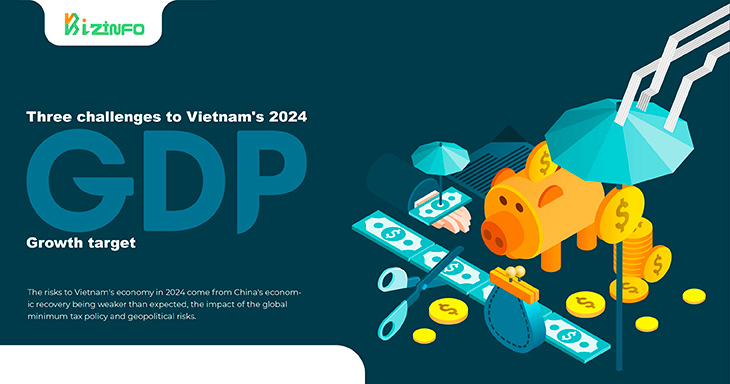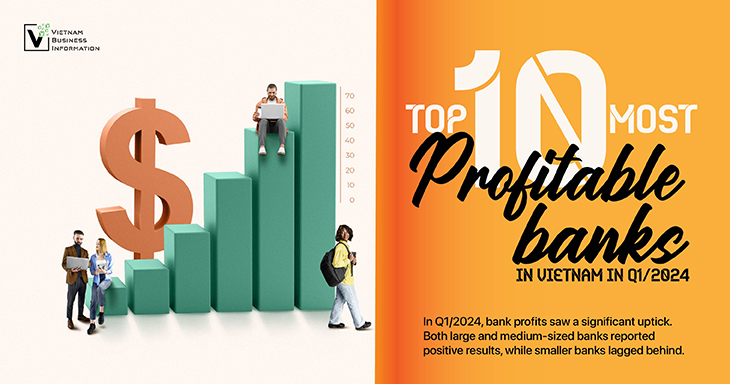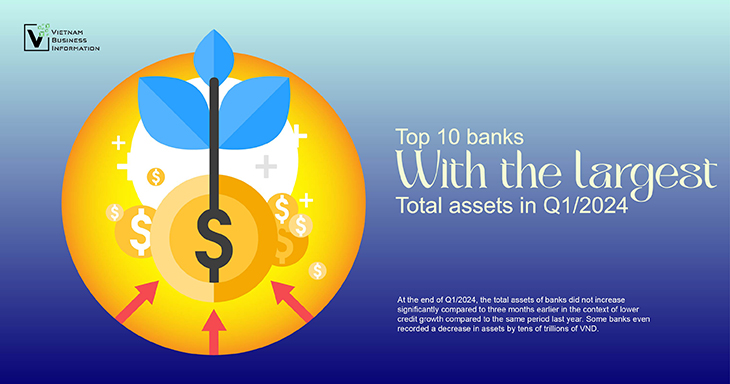
The VBI News blog provides a multi-dimensional perspective on global business information. Here, you can find important economic news, expert reviews, and opinions. The blog covers the latest business and financial news on the global economy, backed by facts and figures. Readers are provided with crucial information that may impact their financial decisions while conducting business.
Big4's retail credit at 45% faces significant NIM pressure in 2024
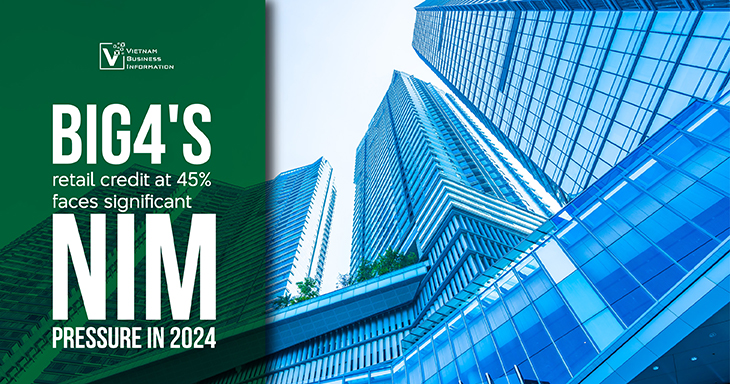
However, the bank is facing significant pressure on its net interest margin (NIM) as it navigates the trend of lowering interest rates to support customers affected by natural disasters and other economic challenges.
Retail banking as key growth driver
According to an analysis by Vietcombank Securities (VCBS), BIDV is projected to accelerate loan disbursement in Q4 2024 to fully utilize its annual growth limit of 14%. By the end of Q2 2024, BIDV achieved a credit growth of 5.9%, with customer lending reaching VND 1.88 quadrillion, a 5.9% increase. In contrast, the corporate bond portfolio saw a 7% decrease to VND 6.838 trillion.
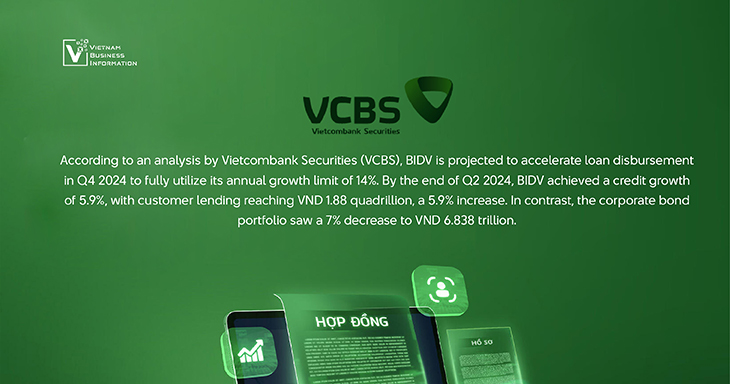
Data from the first half of 2024 shows robust growth in the retail segment, which increased by 8.3%, now accounting for 45% of the bank’s total outstanding loans. Large corporate loans rose by 5.9%, representing 34% of the total, while SME lending saw a modest growth of 1.1%.
NIM pressure from rate cuts
Despite BIDV’s competitive advantage of low-cost capital, particularly from a substantial VND 118 trillion in deposits from the State Treasury at the end of Q2 2024, the bank faces pressure to reduce interest rates. This move is aimed at assisting clients struggling with business disruptions and losses caused by natural disasters, which could lead to a contraction in its NIM throughout 2024.
Another contributing factor to the shrinking NIM is a slight decline in CASA (current account savings account) ratios, which fell from 19.6% at the end of 2023 to 18.2% by the close of Q2. BIDV’s total mobilization from deposits and debt securities reached over V
ND 2 quadrillion by the end of Q2, reflecting a 5.9% increase from the beginning of the year. Customer deposits grew by 6%, while the value of debt securities increased by 4.3%.
Profit growth driven by non-interest income
In the first half of 2024, BIDV's profit growth was primarily supported by an increase in non-interest income and a reduction in provisioning costs. Net interest income rose modestly by 3.3%, while non-interest income surged by 27.9% year-on-year to VND 9,017 billion. Key contributors included net income from services, which grew by 13.8% to VND 3,632 billion, foreign exchange trading profits, which jumped 119% to VND 3,190 billion, and securities investment profits, which increased by 124% to VND 467 billion.
Conversely, other income, primarily from the recovery of bad debts, declined by 23.8%, reaching VND 1,533 billion due to challenges in the real estate market.
Debt write-offs and asset quality
VCBS estimates that BIDV allocated more than VND 8.6 trillion for debt write-offs during the period, keeping the bank’s non-performing loan (NPL) ratio relatively stable throughout Q1 and Q2. Group 2 (substandard) loan ratios improved to 1.59%, down from their peak in Q1, while the NPL coverage ratio remained high at 132%, suggesting that the pressure from bad debts is manageable.
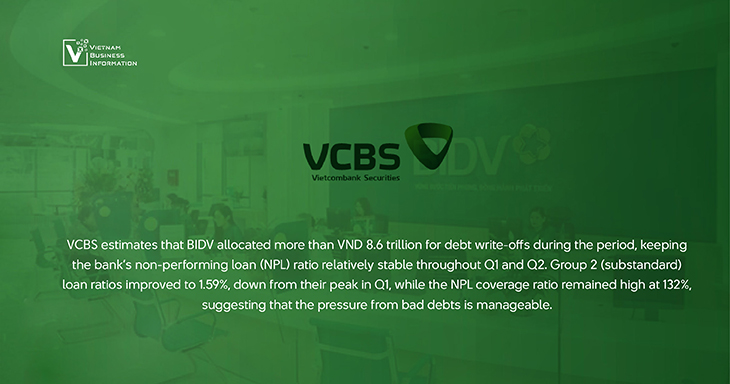
BIDV plans to increase its charter capital to VND 70.624 trillion in 2024 through two methods: (1) a 21% stock dividend payout, and (2) a private placement of 2.89%, with the bank still in the process of selecting suitable investors.
However, if customer repayment abilities recover slower than expected, BIDV's short-term profits could be negatively impacted by rising bad debts, which would keep provisioning costs elevated through 2024-2025.
Source: vietnambiz
Compiled by Vietnam Business Information
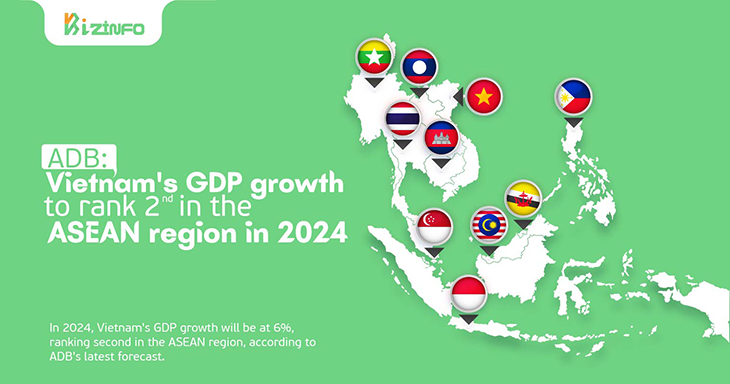
ADB: Vietnam's GDP growth to rank 2nd in the ASEAN region in 2024
In 2024, Vietnam's GDP growth will be at 6%, ranking second in the ASEAN...